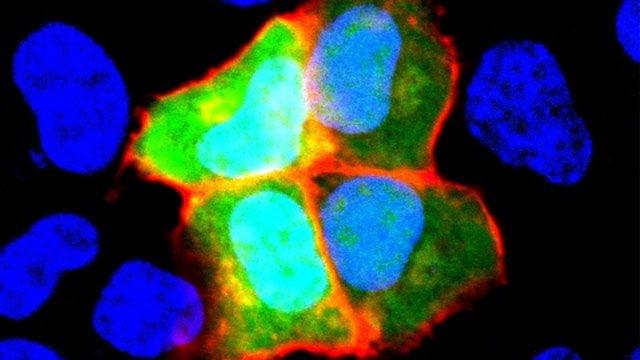Schizophrenia is a disorder that affects how people act, think, and perceive reality. It is often very difficult to treat because it has many different causes and symptoms. In a study published last month in Cell Reports Medicine, researchers from Tokyo Medical and Dental University (TMDU) have identified an autoantibody—a protein that is produced by the immune system to attach to a specific substance from the individual’s own body, rather than to a foreign substance like a virus or bacteria—in some patients with schizophrenia. Notably, they also found that this autoantibody caused schizophrenia-like behaviors and changes in the brain when they injected it into mice.
When considering possible autoantibodies that might cause schizophrenia, the research team had a specific protein in mind. Previous research has suggested that neural cell adhesion molecule (NCAM1), which helps cells in the brain talk to one another via specialized connections known as synapses, may have a role in the development of schizophrenia.
“We decided to look for autoantibodies against NCAM1 in around 200 healthy controls and 200 patients with schizophrenia,” explains lead author of the study Hiroki Shiwaku. “We only found these autoantibodies in 12 patients, suggesting that they may be associated with the disorder in just a small subset of schizophrenia cases.”
